For years, modern technology has claimed to eliminate shortcomings that have affected the health industry. Health providers are now paying attention to acting in response to a pandemic-driven demand to boost technology adoption.
However, the capacity to collect, exchange, and distribute data is becoming more critical as technology impacts the health industry. Machine learning, advanced analytics, and automation can all support overcoming the difficulties that large volumes of digital information provide.
Health facilities are using machine learning to address rising medical needs, enhance operations, and save costs. These breakthroughs assist medical providers in detecting and treating illness more quickly, with more accuracy, and with more customized treatment.
Machine Learning
One of the most popular types of artificial intelligence is machine learning. It analyzes and discovers patterns in big data sets to aid decision-making. It uses algorithms, which are the building blocks of machine learning applications, and consists of a sequence of instructions for completing a set of tasks.
These algorithms are developed to obtain helpful information without the need for human interaction. Whenever the machine learning system searches across the data and discovers new patterns, it modifies the system. This method allows for learning and produces more accurate results.
Applications in Medical Care
Through algorithmic procedures, machine learning applications can enhance the efficiency of therapeutic interventions and patient outcomes.
Machine learning improvements in hospitals will continue to alter the health sector in the future. Below are some innovations helping health organizations save expenses, increase efficiency, and keep workers engaged and motivated.
Chatbots
Artificial intelligence is used by computers to “communicate” with patients through text or speech. Chatbots continue to be useful, especially during health crises, to assess patients without adding to human contact.
According to recent research, patients seem to be okay with talking to artificial intelligence to address their medical concerns. Patients regarded chatbots as positively as people, as long as the algorithms delivered the same expectations.
Software Service
There are many advantages of software as a service. These include speed, convenience, lower expenses, and improved workflow. Cloud-based adaptations of these solutions have accelerated staff productivity by helping organizations reduce the time spent on routine administrative chores and more attention on significant, high-value projects.
Aside from the big players, plenty of specialized SaaS companies are reshaping medical workforce operations. For instance, health facilities are working with ServiceNow partners for healthcare purposes. This software modernizes medical systems and enhances patient outcomes by transforming care and streamlining health IT. It helps reimagine medical care’s future to drive innovation and boost organizational, technical, and cultural transformation.
Mobile Solutions
Millennials, the biggest generation in the employment landscape, emphasized versatility. A mobile-first approach is critical for attracting, engaging, and retaining these employees. Modern technology not only provides workers with the freedom and real-time involvement they want, but it also affects performance and clinical outcomes.
Artificial Intelligence

After years of speculation, artificial intelligence is now finding its way into the health industry. Computer vision and machine learning were selected as the innovations most likely to revolutionize medical care over the years. AI will play a more significant role in evidence-based policy and management in the years beyond. This is thanks to its ability to rapidly analyze large quantities of data.
Ethical Concerns
The promise of machine learning and other technologies is accompanied by uncertainty. The medical industry will need to strengthen data protection and privacy policies and build confidence in innovation among doctors, clinicians, and employees. Health informatics experts can play a critical role in resolving these problems.
Patient Confidentiality
Data is the foundation of successful machine learning. Nonetheless, privacy and confidentiality rules are intended to safeguard patient information from threats such as cyber-attack. Clinicians cannot share clinical details unless it is for medical purposes.
Patient Autonomy
Many elderly and mentally challenged patients are unable to make their individual medical choices. Machine learning can use data from electronic health records and other medical sources to make crucial choices in these situations.
Patient Safety
The quality of data provided determines the accuracy of machine learning algorithms. Errors or inaccurate data could jeopardize system dependability, questioning whether data-driven choices are correct or incorrect.
The Future of Medicine
Health informatics experts are at the forefront of opportunities, playing a critical role in integrating machine learning within various medical procedures. Their in-depth understanding of technology and whether you can use it to enhance patient care and success is valuable in a developing health system that is increasingly dependent on data.
Nonetheless, many technology-driven medical ideas show promise in enhancing care delivery. These advancements will also alter the function of the health informatics practitioner in the future.












